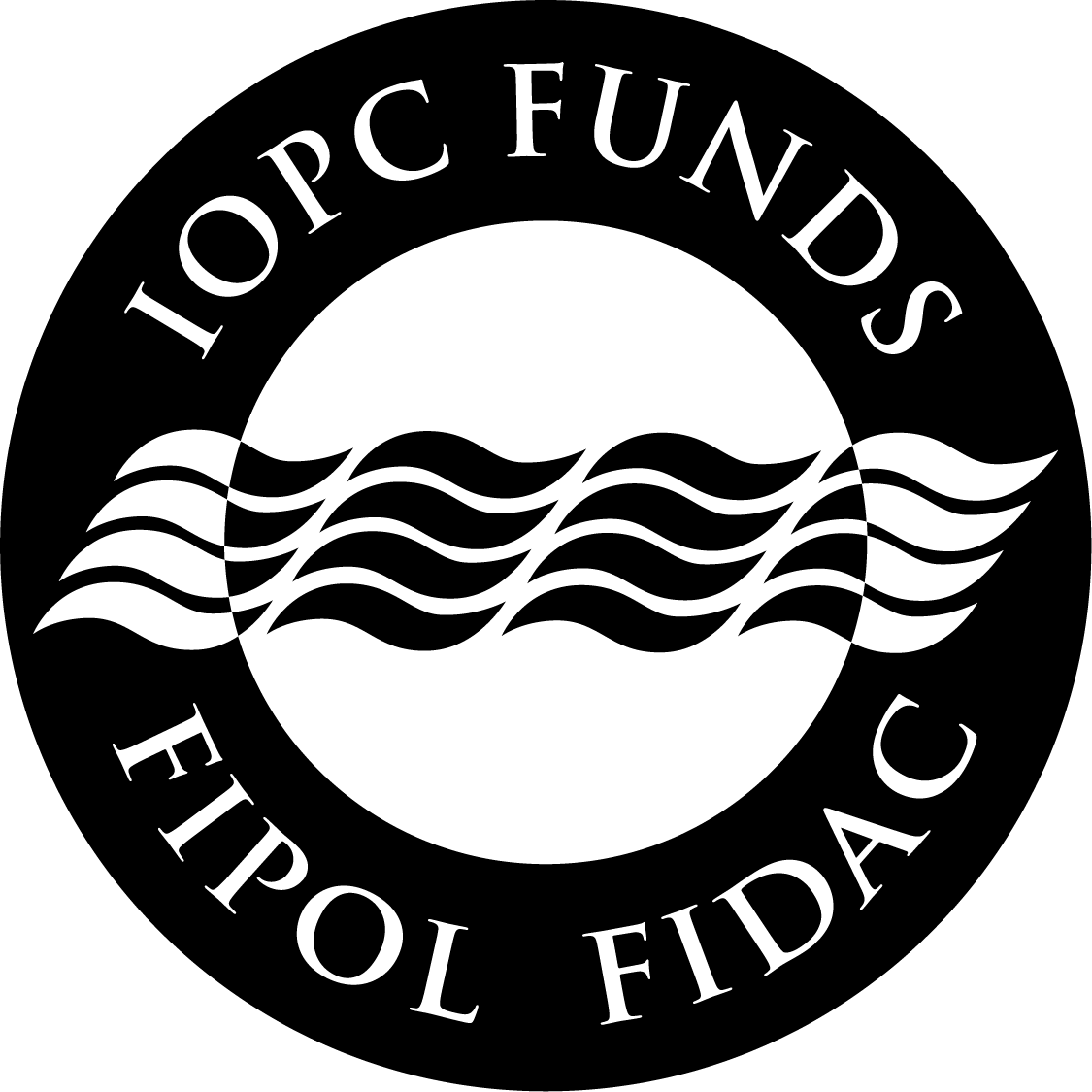States urged to ratify compensation regime for Hazardous and Noxious Cargoes
Posted: 01/10/2016
The International Maritime Organization (IMO), together with the International Oil Pollution Compensation Funds (IOPC Funds) and the International Tanker Owners Pollution Federation (ITOPF), is urging its Member States to ratify and implement a key compensation treaty covering the transport of hazardous and noxious substances (HNS) by ship. “The HNS Convention recognizes that accidents can and do happen and it is the last piece in the puzzle needed to ensure that those who have suffered damage caused by HNS cargoes carried on board ships have access to a comprehensive and international liability and compensation regime,” said IMO Secretary-General Kitack Lim. “The number of ships carrying HNS cargoes is growing steadily with more than 200 million tonnes of chemicals traded annually by tankers. I urge all States to consider acceding to the HNS 2010 treaty as soon as possible, in order to bring it into force.”
Entry into force requires accession by at least 12 States, meeting certain criteria in relation to tonnage and reporting annually the quantity of HNS cargo received in a State. There are as yet no contracting States to the 2010 HNS Convention. However, progress towards the Convention’s entry into force has gathered pace over the past year, with a number of States preparing the necessary implementing legislation.
Together with the IOPC Funds and ITOPF, IMO has produced a six-page brochure that explains to States the purpose and benefit of the HNS Convention and encourages IMO Member States to take the next steps to ratify or accede to the Convention. The development of the brochure was achieved collaboratively through an IMO Correspondence Group and its production was funded through a donation made to IMO by the Government of Canada. It is the first in a series of tools to be developed in collaboration with IMO Member States, the purpose of which is to make ratification a priority and to assist government administrations in their internal promotion of the Convention. It also highlights the potential risk to claimants if there is currently no liability and compensation regime in force. The brochure can be downloaded from the resources page in English, French or Spanish. To read more about visit www.imo.org.
